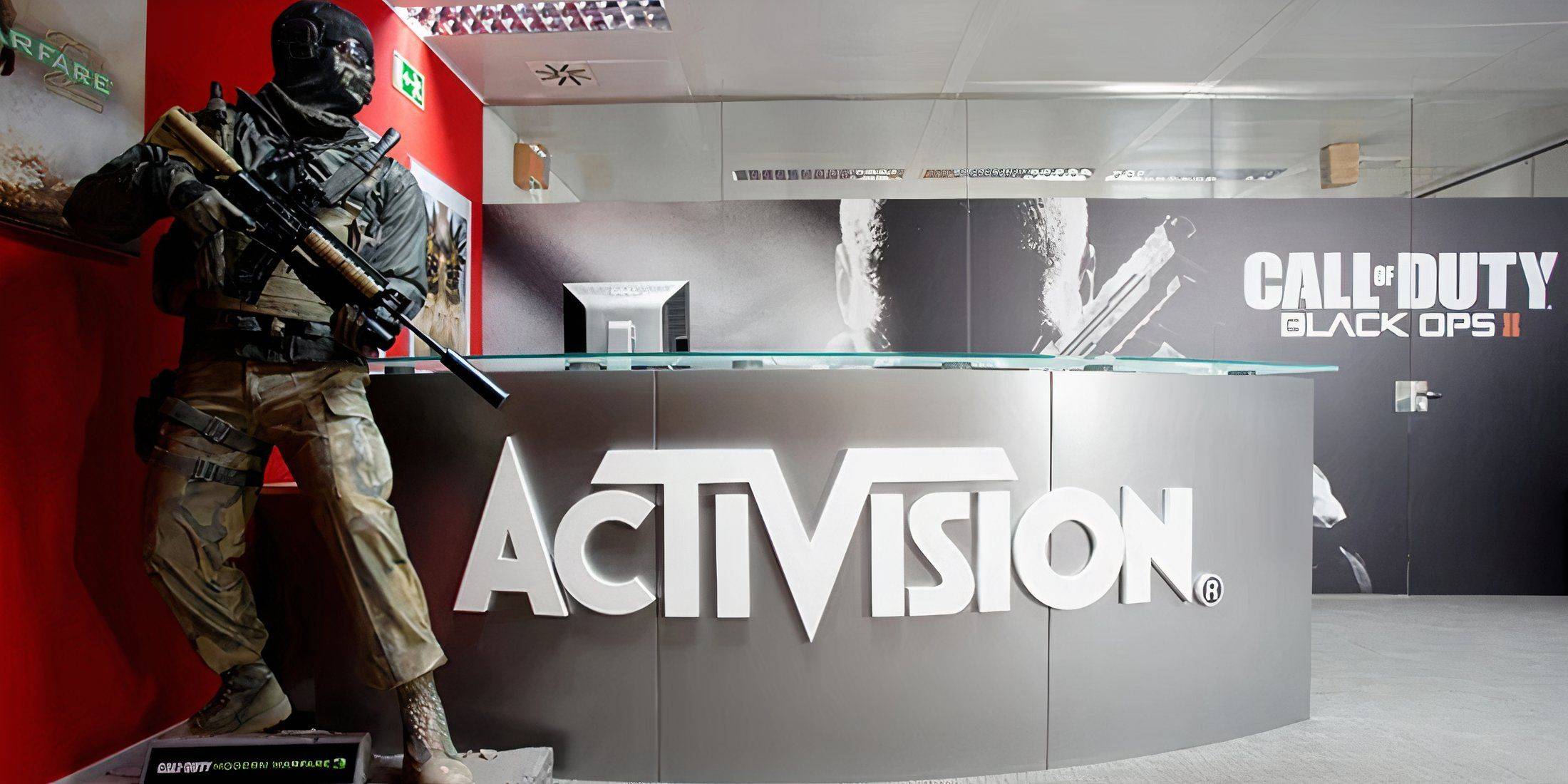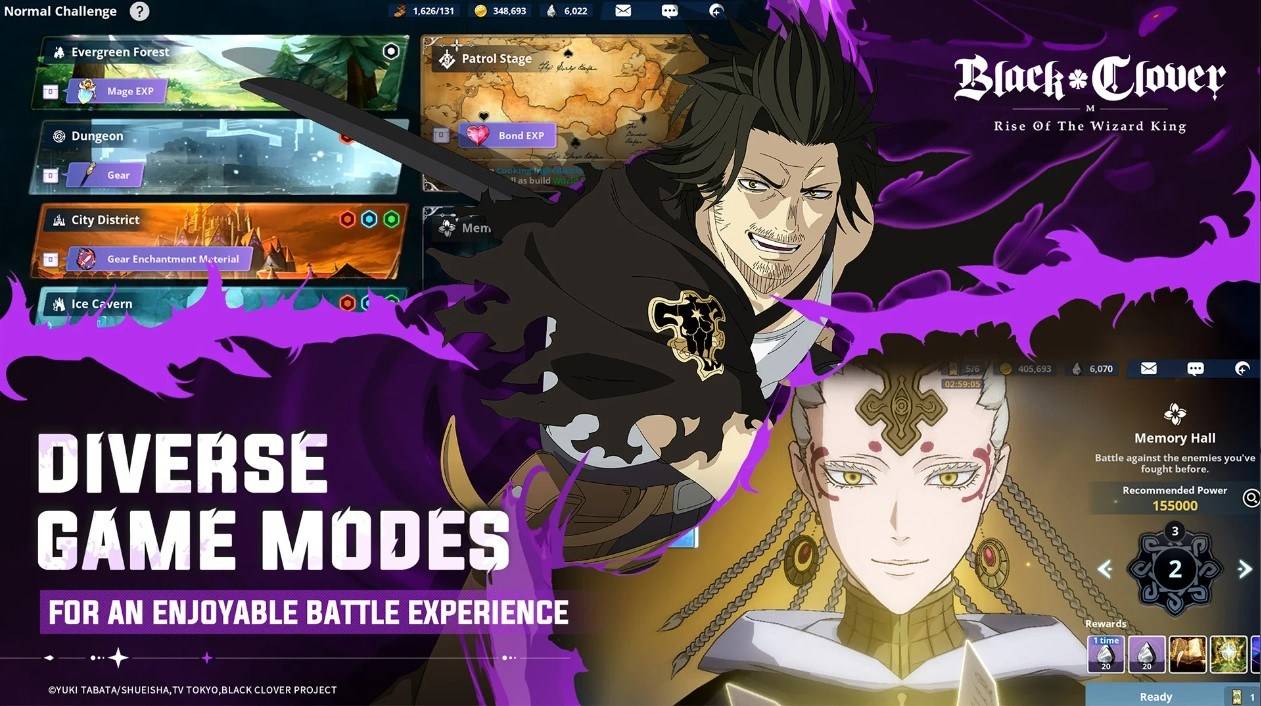by Lucas Jan 27,2025

Activision Blizzard has filed a robust defense against lawsuits linking its Call of Duty franchise to the 2022 Uvalde school shooting tragedy. Filed in May 2024 by families of the victims, the lawsuits claim the shooter was influenced by the game's violent content. Activision denies all allegations, asserting that no causal link exists between Call of Duty and the Robb Elementary School massacre.
The lawsuit highlights the shooter's history as a Call of Duty player, his download of Modern Warfare in November 2021, and his use of an AR-15 rifle, similar to in-game weaponry. The plaintiffs also implicated Meta, alleging Instagram facilitated the shooter's connection to firearm manufacturers. They contend both companies fostered a harmful environment encouraging violent behavior in vulnerable adolescents.
Activision's December filing, a 150-page response, counters these claims. The company invoked California's anti-SLAPP laws, designed to protect free speech from frivolous litigation. Furthermore, Activision emphasized Call of Duty's status as a protected form of expression under the First Amendment, arguing that accusations based on its "hyper-realistic content" infringe upon this fundamental right.
Supporting its defense, Activision submitted expert declarations. Notre Dame Professor Matthew Thomas Payne's 35-page statement contextualizes Call of Duty within the tradition of military-themed entertainment, refuting the lawsuit's "training camp" characterization. Patrick Kelly, Call of Duty's head of creative, contributed a 38-page document detailing the game's development, including the $700 million budget for Call of Duty: Black Ops Cold War.
The Uvalde families have until late February to respond to Activision's comprehensive defense. The case's outcome remains uncertain, but it underscores the ongoing debate surrounding the connection between violent video games and real-world violence. This legal battle adds another layer to the complex discussion surrounding media influence and its potential impact on behavior.
Tower of God Celebrates First Anniversary with Updates
New Black Clover: Wizard King
PS5 Pro Launches with Black Ops 6, BG3, FF7 Rebirth, Palworld and More Getting Graphical Enhancements
Age of Empires Mobile- All Working Redeem Codes January 2025
RuneScape Unveils The Roadmap For 2024 And 2025, And It Looks Epic!
How To Get Early Access To Marvel Rivals Season 1
Astro Bot Launch Hits Critics' Sweet Spot
S.T.A.L.K.E.R. 2: Delay Announced, Deep Dive Imminent

How to Start Cars Without Keys in Project Zomboid
Jan 29,2025

Fate Echoes Codes Arrive in Roblox (January 2025)
Jan 29,2025

Black Clover M: Latest Redemption Codes Revealed!
Jan 29,2025

Awakening of the Ninjas Codes (January 2025)
Jan 29,2025

Pokemon GO Accidentally Reveals Upcoming Legendary Dynamax Raids
Jan 29,2025